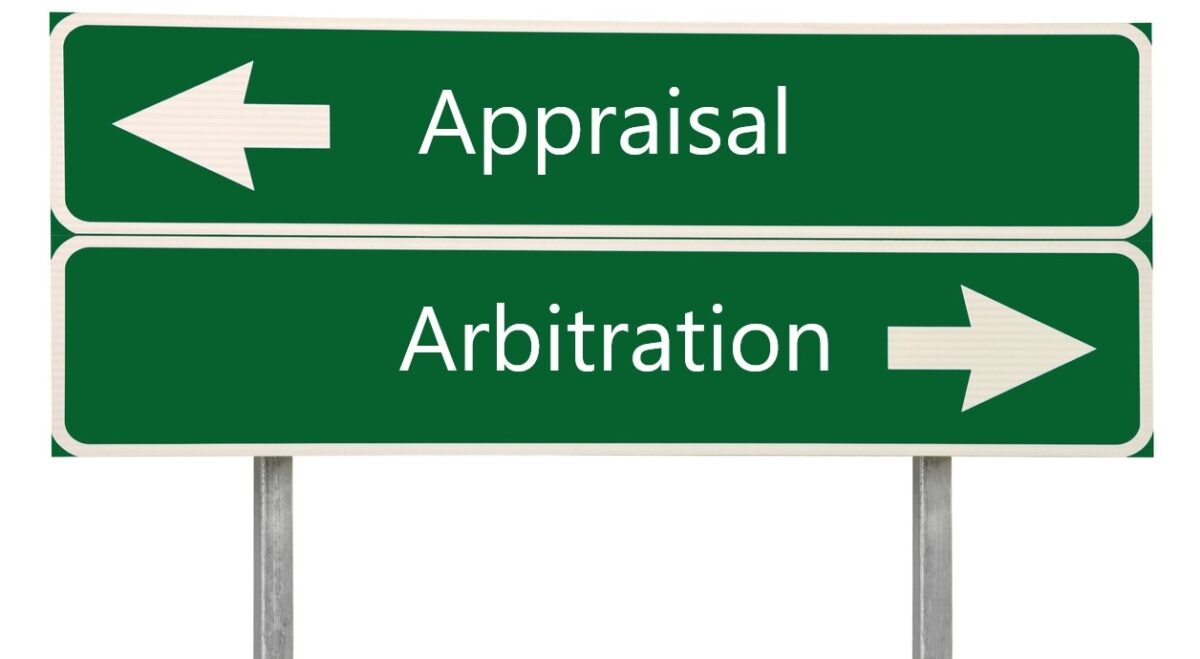The title is a trick question. Certainly, they can be sued. But can they be sued successfully?
The California case on this issue is Lambert v. Carneghi.1 The relevant facts of the case state:
Appellants hired attorneys to represent them in the appraisal process. One of the attorneys hired respondent Dailey as an expert ‘to define, describe and estimate the replacement cost’ of appellants’ home for the appraisal process. (Appellants also hired respondent Carneghi as their appraiser, ‘to provide appraisal services in connection with the appraisal at issue, essentially to determine replacement cost and to be their advocate in the appraisal process and to make sure those relevant to the appraisal understood the meaning and application of the term replacement cost and to convince those involved in the appraisal of the correctness of his valuation by supporting it with facts and logic.’
Appellants’ attorneys selected a retired judge who had never conducted a replacement cost appraisal as an umpire. According to appellants, the umpire ‘demonstrated a fundamental misunderstanding’ of replacement costs at the beginning of the hearing on the appraisal. According to appellants’ complaint, none of the people hired by appellants changed, or even adequately tried to change, the umpire’s understanding, even though they had been hired to do so. They likewise failed throughout the appraisal hearing to clarify the meaning of the term ‘replacement cost.’ Because the people whom appellants hired failed to adequately define the correct standard of replacement cost for the appraisal, appellants were not awarded proper replacement costs. Appellants allege they were damaged by at least $1.8 million.
Appellants sued respondents Carneghi and Dailey in connection with the allegedly flawed appraisal process. As amended, their complaint alleged a single cause of action for negligence against respondents. Respondents both demurred to the complaint.
Remember that I have made the point that appraisers and umpires should carry insurance. Once appraisers and umpires get sued, liability errors and omission insurance will pay for the costs of attorneys—even if those attorneys prove that appraisers and umpires cannot be successfully sued.
In this case, the California court held that appraisers and umpires have arbitral immunity:
Appellants argue generally that the Legislature ‘has not provided a shield to those who are hired to do a job for a party to a fire insurance appraisal and through their negligence fail to do it and thereby cause injury to the party employing them.’ Although they acknowledge that Carneghi argued below that he had arbitral immunity, they do not specifically address this issue in their opening brief, other than to say that ‘[t]he arbitral immunity [Carneghi] argued was based on the notion that [appellants’] suit against them, based upon their misconduct in the appraisal process, was really complaining about their actions in an arbitration…. Since an appraisal does not constitute an arbitration, [Carneghi is] not immune to suit.’ Having failed to address the issue of arbitral immunity in their opening brief, they have arguably waived it….
Even assuming the issue was not waived, it clearly lacks merit. ‘It long has been recognized that, in private arbitration proceedings, an arbitrator enjoys the benefit of an arbitral privilege because the role that he or she exercises is analogous to that of a judge…. This rule—immunizing arbitrators in private contractual arbitration proceedings from tort liability—is well established in California…‘ ‘Arbitrators are judges chosen by the parties to decide the matters submitted to them….’ … Arbitrators have been extended the protection of judicial immunity, because they perform ‘the function of resolving disputes between parties, or of authoritatively adjudicating private rights.’ …Although we agree with appellants that no case has specifically extended arbitral immunity to appraisers, we disagree with appellants’ assertion that any analysis of arbitral immunity is ‘wide of the mark,’ given the similarities between arbitrations and appraisals pursuant to section 2071.
Immunity for appraisers and umpires applies to appraisal proceedings in California.
Thought For The Day
To acquire immunity to eloquence is of the utmost importance to the citizens of a democracy.
—Bertrand Russell
1 Lambert v. Carneghi, 158 Cal. App. 4th 1120, 70 Cal. Rptr. 3d 626 (2008).





